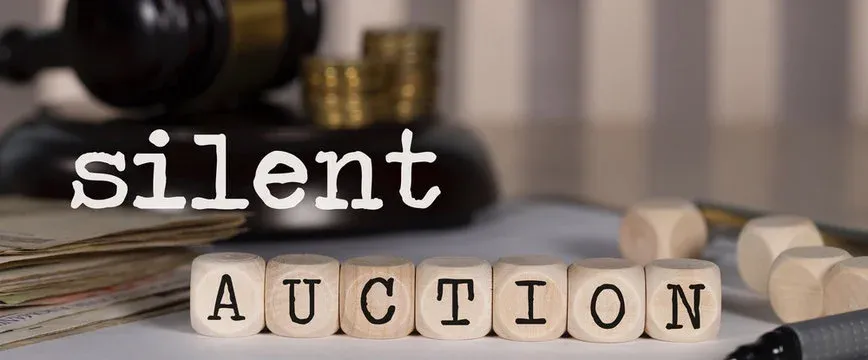What Does ‘Passed In’ Mean In An Auction?
An auction may seem confusing and even chaotic to most newcomers. There’s an auctioneer speaking way too fast, a room full of people raising their auction paddles and the next thing you know is that they've already moved on to the next item to be sold. Thanks to movies and other media platforms, you may be aware of how auctions are conducted, even if you have not actually attended one.
However, do you know
what does passed in an auction mean? This article will help you understand.
What Is An Auction?
Auctions are a method of selling goods or services in which potential buyers bid against each other, with the highest bidder winning the item. They can take place in various forms, such as live auctions with an auctioneer, online auctions and silent auctions.
Auctions are commonly used to sell items, such as antiques, collectables, real estate and vehicles. They can also be used to sell surplus or unneeded items, such as government or corporate assets. A
charity auction
specifically uses the money generated from the event for charitable causes.
How Prices For Auctions Are Determined
The auction house, the seller or a combination of both typically determines the opening bid for an auction item. The goal of the opening bid is to set a starting point that is low enough to attract interest and encourage bidding but high enough to reflect the item's value.
Ultimately, the opening bid is a starting point that can be adjusted based on the level of interest and bidding activity during the auction. The highest bid at the auction's end determines the item's final price.
What Does ‘Passed In’ Mean?
In an auction, ‘passed’ or ‘passed in’ means that the auction has ended without any bids reaching the opening bid set by the seller. The opening bid is the minimum amount that the seller is willing to accept for the item being auctioned. If none of the bids reaches the opening bid, the auction is said to be passed, and the item remains unsold. The seller may then choose to renegotiate with the highest bidder or relist the item for auction at a later time.
The frequency at which auctions are passed depends on several factors, including the type of item being sold, the market demand for that item and the reserve price set by the seller. In some cases, auctions can be very competitive, with multiple bidders driving the price up and reaching or exceeding the reserve price. In other cases, there may be limited interest in the item, and the auction may be passed if the bidding does not reach the reserve price.
Generally, it is common for auctions to be passed if the opening bid is too high or if there is a limited market demand for the item. However, this can vary greatly depending on the specific circumstances of each auction.
How To Prevent Items From Being Passed In
So, what does passed in auction mean? Clearly, it’s something that is not good! There are several strategies that auction houses and sellers can use to prevent it:
- Set a reasonable opening bid: If the bid is too high, there may not be enough bidding activity to reach that level, leading to the item being passed. Setting a reasonable opening bid can help prevent items from being passed.
- Advertise the auction: Advertising the auction and promoting the items that will be available can help attract more potential bidders and increase bidding activity.
- Provide detailed information: Providing detailed information and photos of the items can help potential bidders make informed decisions. It will cause them to understand the worth of the auction item and make higher bids.
- Use an experienced auctioneer: An experienced auctioneer can help create a lively and competitive atmosphere during the auction, encouraging bidding and helping to prevent items from being passed.
By taking these steps, auction houses and sellers can increase the chances of a successful auction and reduce the risk of items being passed or unsold.
Charity Auctioneer: Your Partner in Fundraising
A charity auction is a great way to raise funds for a noble cause. However, we understand that organising a successful fundraising event on your own is a challenging task. If you need help with your auction event, we can assist you.
Charity Auctioneer supplies you with the most skilled auctioneers in Australia to handle your auctions. We have three packages for you to choose from to avail the best charity auction services. However, you can avail of our services for no extra charge when you let us auction off some of our own items. We cover our costs by selling our items. It means that we will put all our effort into selling every auction item at your event to ensure great results.
At Charity Auctioneer, we also ensure that none of the items at your auction gets passed in. With our team of experts, we know exactly how to achieve the best results for your next charity event.
Partner with us to raise money for your next charity event.









